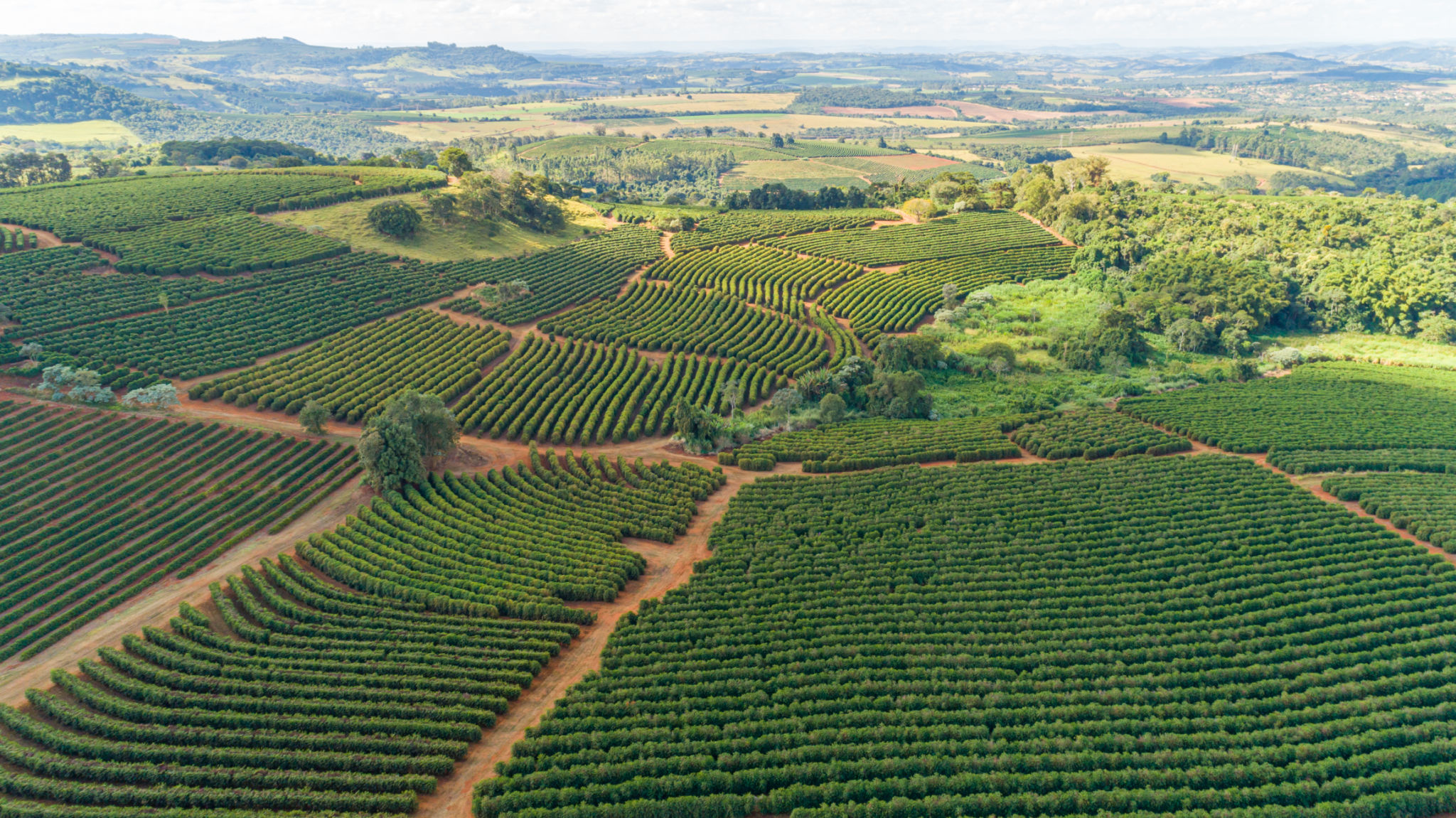A Comprehensive Guide to Importing Brazilian Coffee to the U.S.
Understanding the Brazilian Coffee Market
Brazil is the largest coffee producer in the world, making it a significant player in the global coffee market. Known for its diverse range of flavors and high-quality beans, Brazilian coffee is highly sought after by importers worldwide. Understanding the dynamics of this market, including the types of coffee produced, can give you a competitive edge in importing.

Types of Brazilian Coffee
The two primary species of coffee grown in Brazil are Arabica and Robusta. Arabica is known for its smooth and mild flavor, while Robusta is appreciated for its strong and bold taste. When importing, it's essential to recognize which type best suits your target market. Additionally, Brazil offers unique varieties like Bourbon and Typica, which are prized for their complex flavors.
Navigating the Import Process
Importing Brazilian coffee to the U.S. involves several critical steps. First, you must obtain the necessary licenses and permits. The U.S. Food and Drug Administration (FDA) requires all food importers to register before bringing products into the country. Additionally, understanding customs regulations and tariffs is crucial to avoid legal issues and unexpected expenses.
Finding Reliable Suppliers
Your success in importing Brazilian coffee heavily depends on establishing relationships with reliable suppliers. Attending trade shows and participating in industry networks can help you connect with reputable producers. It's essential to vet potential suppliers carefully, ensuring they meet your quality standards and can consistently deliver on time.

Logistics and Shipping Considerations
Once you have secured a supplier, focus shifts to logistics and shipping. Coffee beans are sensitive to environmental conditions, so choosing the right shipping method is crucial to maintaining quality. Many importers opt for containers with climate control to preserve the beans' freshness during transit.
Understanding U.S. Regulations
Importing coffee into the U.S. requires adherence to specific regulations beyond FDA registration. The U.S. Department of Agriculture (USDA) also regulates imported coffee to prevent pests and diseases from entering the country. Ensuring compliance with USDA requirements is vital to avoid shipment delays or rejections.
Marketing Your Brazilian Coffee
Once your coffee arrives in the U.S., developing an effective marketing strategy is key to reaching your target audience. Highlighting the unique qualities of Brazilian coffee, such as its rich taste and aromatic profile, can set your product apart in a competitive market.

Building a Brand
Creating a strong brand identity can help your Brazilian coffee stand out. Emphasizing sustainable sourcing and ethical practices resonates well with today's consumers who are increasingly conscious about the origins of their food and beverages. Leveraging social media and digital marketing can also enhance brand visibility and engagement.
The Benefits of Importing Brazilian Coffee
Importing Brazilian coffee offers numerous benefits, including access to a diverse range of high-quality beans and the opportunity to cater to a growing demand for specialty coffee in the U.S. By navigating the import process effectively and leveraging strategic marketing, you can successfully tap into this lucrative market.